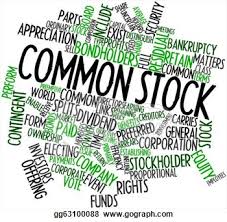The rise of private equity funds and their ownership of a large portion of the world’s
private sector businesses is clearly evident. A private equity fund pools finance from various investors
(very rich private individuals and the institutions). The fund then uses the finance to
buy private sector businesses, often ones that were stock market listed. These businesses are then managed by the fund. The types of business that tend to be the targets
for private equity funds are those that are seen to be underperforming under their previous senior management. A common action by the new management has been to
increase the extent that the businesses are financed from borrowings rather than
equity. The effect of a listed business being taken over by a private equity fund is forthe shares to be totally held by the fund and ‘delisted’. This means that the shares are
no longer available to the public through the stock market.
When the private equity fund has ‘turned round’ the underperforming business,
the business is disposed of, in some cases by relaunching it as a listed business.
Debenhams plc, a high street department store, was a listed business that was bought
by a consortium of three private equity funds in 2003. Less than three years later the business was
relisted, making the consortium more than three times the £606 million that it had
invested in the 2003 purchase (Rigby 2007). A number of ‘household-name’ businesses
(including the Automobile Association (AA) and Boots the Chemist) are currently
owned by private equity funds. Private equity funds are estimated to own businesses
that employ around 19 per cent of all UK private sector workers (Power 2006).
Click here for government certification in Accounting, Banking & Finance





4 Comments. Leave new
Good work…!
the public does prefer to invest more in Private Equity funds as they deliver better returns.
Every one want a better returns so mostly people have a eye on the same itself :
Good work 😀
Very well written “D
(y)